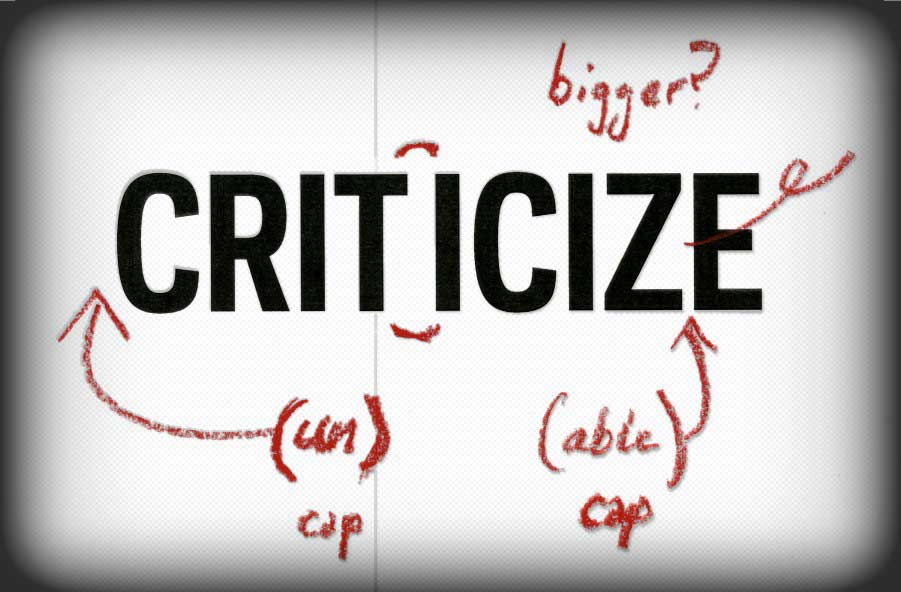There is an interesting reaction happening among many young Christians. It is the cautious conviction that it is, perhaps, wrong to speak truth.
Friedrich Nietzsche claimed that deep within us all lies der wille zür macht (the will to power). This is the idea that each of us are consumed with gaining power and prominence over others. According to Nietzsche, this goes for (especially) us religious folks. Some of us are pretty convinced that when someone says they "know God," they're acting immorally, irresponsibly, or even dangerously. Postmodern philosopher Denis Diderot famously said, "Men will never be free until that last king is strangled on the entrails of the last priest."(1) Yikes.
But, the fact remains that some people use their claim to know truth as a wedge for power.
This may surprise you, but this objection wasn't first sounded by hippie philosophy students who were trying to throw off the oppressive shackles of "the Man." It was sounded by Jesus. This was the same accusation that Jesus leveled against the Pharisees. He said of them, "[They] tie up heavy burdens, hard to bear, and lay them on peoples' shoulders, but they themselves are not willing to move them with their finger."(Matt. 23: 4). Did Jesus just agree with a postmodern critique of religion? Why yes he did.(2)
Yes, truth can be misused. And yes, truth can go unsaid. But these observations are hardly new. Jesus criticized the religious leaders of his day over the same sorts of things. Why? Because truth is all tangled up with moral responsibility, and we all already know that. We sue people for false advertising. Lying politicians (hopefully) get voted out. When a spouses lie, divorce may follow. We all know that we have a moral connection to truth. Here are four ways that plays out:
To Know It
The biggest problem with humanity is that we, in sin, suppress the truth in unrighteousness (Rom 1:18). According to the Scriptures, truth became flesh in Jesus. And according to those same Scriptures, knowing Jesus sets us free from sin's lies. There's nothing morally praiseworthy about believing what is false.
To Believe It
When we know truth, we're then accountable to believe it. You can sell books with clever sounding unbelief, but that's just the adult version of that annoying, know-it-all friend from third grade. Everyone knew he was full of hot air then, and he still is, even though he sells books. If truth is true, then we are accountable to trust it.
To Teach It
Truth is to be shared. Just as it would be unjust to knowingly teach school children incorrect mathematics, it is unjust to knowingly perpetuate falsehood. Why? Because lies don't lead to human flourishing. If incorrect equations make technology work incorrectly, then incorrect moral and metaphysical beliefs will have the same effect on the soul. We have a moral responsibility to not obfuscate, but to educate — to speak clearly and not deceptively.
To Not Misuse It
The reason so many are so scared to speak truth clearly is because we've seen it misused. We've seen truth said unlovingly, and it hurts. We've watched people who thought they knew truth hurt folks who were "wrong." Our reaction, however, has been to toss the baby out with the bathwater. One moral failure (not speaking truth) doesn't fix another (misusing truth). We must be among those who use truth truthfully.
The good news is, we've got really good precedent for faithful, useful truth telling. Jesus Christ is truth made flesh (John 14:6). He knew it, even though everyone around him wanted to deny it. He believed it, even through it was thoroughly unpopular. He preached it, because he knew that only through contact with truth can humanity be rescued from the lie of sin. And he never misused it, but came under the penalty of those who did, to rescue them.
Let's stand up in fidelity to truth. After all, truth has already done so for us.
(1) Denis Diderot, attributed by Jean-François de La Harpe in Cours de Littérature Ancienne et Moderne (1840)
(2) Adam Mabry, Life and Doctrine: How the Truth and Grace of the Christian Story Change Everything. Aletheia Resources.



